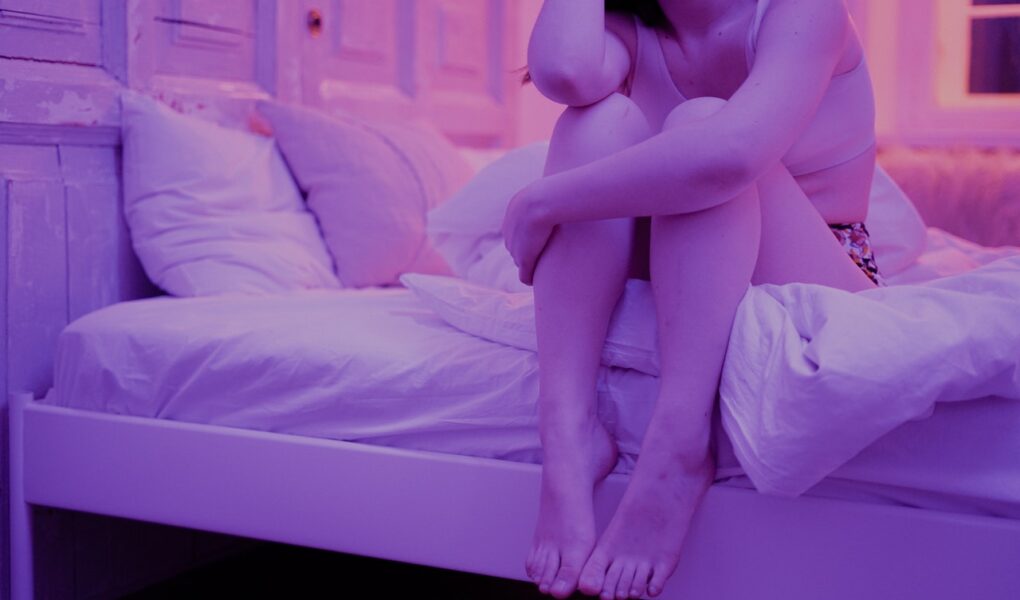Having trouble sleeping from time to time is not an uncommon problem, and it is something that most of us will have experienced. However, when you have trouble sleeping often enough that it starts to get in the way of your daily life and activities, it’s called insomnia. Many people who suffer with insomnia turn to natural remedies to help them sleep. While some have been proven to be useful, others have inconclusive evidence, but may still be worth trying. Before taking supplements for insomnia, it’s worth considering that a chronic lack of sleep might be related to an underlying health problem. High blood pressure, diabetes, and mental health conditions can all affect your sleep. If you have or suspect that you might have any of these conditions, speak to your doctor first.
Some of the most commonly used natural remedies to help with sleep problems and insomnia include:
Melatonin
Melatonin supplements are one of the best-known options for helping you sleep, with evidence to suggest that they are best used for sleep problems caused by jet lag or shift work. Melatonin is a hormone that occurs naturally in your body and helps to regulate your brain’s sleep-wake cycle. Your body will naturally begin to produce melatonin at night, when it starts to go dark. Some conditions can lead to low melatonin levels, and these supplements can be useful for people who have mood disorders such as depression or delayed sleep-phase syndrome, which causes you to fall asleep later than most people at night and wake up later in the morning. They can also help with jet lag to get your sleep cycle back to normal after it is disrupted by a change in time zones.
Timing is important when taking melatonin. It is best taken in the afternoon or early evenings to regulate your sleep cycle. Find out more about how long does melatonin last, how to produce more melatonin naturally, and how to get the best from melatonin supplements in Ruscio Institute’s article. Ruscio Institute offer advice for dealing with insomnia and sleep problems along with health checks if you are currently struggling with this condition.
Relaxation Therapies and Meditation
Some people find that meditating in the evening can help them sleep by slowing down their breathing and reducing the levels of stress hormones in the body. Meditation brings your attention to a certain focus point like a word, a sound, or your breathing. It can be useful in increasing awareness of your body, calming your mind, and relaxing your muscles. You can use guided meditations where somebody’s voice will help you to relax, or a body scan, which is where you focus on the feelings in different parts of your body. Some people find that visualization, where you imagine a relaxing scene that involves all of your senses while lying in bed, helps them relax and sleep faster.
Hypnosis
Hypnosis refers to a state in which a person becomes more aware, focused, and open to suggestion. While it’s still not understood exactly how this process works, it can bring about some changes in the body including lower blood pressure, slower heart rate, and an increase in alpha waves, which are slower brain waves that bring about relaxation, in a similar way to meditation and other deep relaxation practices. It can be useful for getting more sleep when used alongside relaxation techniques and cognitive behavioral therapy.
Aromatherapy
Despite an analysis in 2011 finding that most studies into aromatherapy for sleep are not rigorous enough to draw a solid conclusion, many people find that some scents, such as lavender, are good remedies for helping to soothe and relax them at bedtime. Lavender has long been used as a folk remedy for sleep and relaxation and is one of the most soothing essential oils available. You might find that adding a few drops of lavender oil to a bath before bed can help you sleep. The relaxing aroma of the lavender along with the decrease in body temperature that occurs as a result of the warm bath can help you drift away. If you don’t like the smell of lavender, other soothing aromatherapy oils such as patchouli, chamomile, and ylang-ylang are also believed to be useful for sleep.
Acupuncture
There are some studies that suggest acupuncture and acupressure may be useful for combatting insomnia, although there is mixed evidence for how well it can work. Acupuncture refers to the insertion of small needles into certain points of the body, while acupressure involves applying pressure to various pressure points that are thought to be connected to certain organs.
Yoga
Yoga is not just known for improving balance and flexibility; there is also evidence from 2017 that suggests it may be useful for relieving symptoms of insomnia. Yoga refers to a system of breathing, relaxation, healing, and exercise that originated in Indian philosophy. It is described as a union of your body, mind, and spirit. Studies have found that yoga can help you sleep by reducing anxiety and stress hormone levels. Another type of slow-motion exercise that can help you sleep better is tai chi.
Light Exposure
Light therapy is another natural remedy that you may want to consider if you are struggling to sleep. Exposure to light helps to tell your body when to sleep and when to wake up. An outdoor walk first thing in the morning might be useful if you have trouble falling asleep at night, or you may want to speak to your doctor or a sleep specialist about light therapy units for the home. If you often wake up very early in the morning or are falling asleep early, then you could benefit from more light in the late afternoon. Taking a walk outside in the afternoon while it is still light could help.
While some trouble sleeping from time to time is not unusual, insomnia can occur if it happens so often that your daily life is affected. If you often struggle to sleep or have problems regulating your sleep pattern, these natural insomnia remedies might be useful.
Infographic created by More Fit Everyday (MFIT) – makers of energizing pre workout




